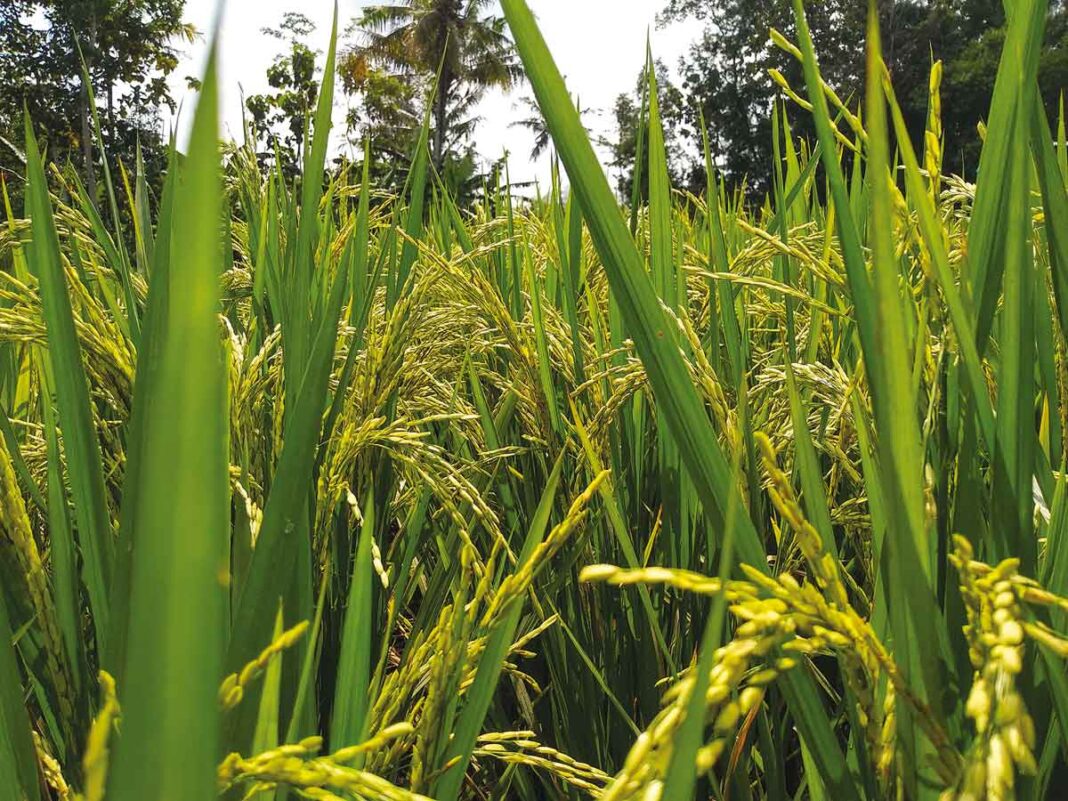Decline in rice production
Around 4 million tonnes of rice were produced in Madagascar in 2021-2022, figure down 6% compared to previous harvests, according to the World Bank. Drought would be the main cause of this poor performance, which required a 15% increase in the volume of white rice imports (650,000 tonnes) in order to curb the rise in prices of this basic food.
A chicken slaughtering plant inaugurated
The Mabel Chicken Slaughter Plant, built by the Inviso group, was inaugurated last June by the President of the Republic Andry Rajoelina in Anosimanjaka, near Tananarive. The unit has a daily processing capacity of 20,000 heads. The chickens are then packaged whole, cut or transformed into cold meats. Mabel currently sources its supplies from 47 breeders, to which she provides chicks and feed, capable of raising up to 85,000 chickens per cycle. This figure is expected to double quickly.
70,000 international arrivals in six months
Nearly 70,000 international arrivals were recorded in the first half of the year, according to the Malagasy Ministry of Tourism. More than half of the visitors were leisure tourists. The French (20,1 %) were the most numerous, in front of the Italians (11,5 %) and the Mauritians (3,7 %). The borders of the Big Island have really been opened, with less strict health requirements, from April. There is still a long way to go to return to the level of tourist attendance in 2019 (400,000 international arrivals).
Antananarivo : traffic jams cost 0,3 point of GDP
In a recent study, the World Bank has estimated the cost of the traffic jams that congest Tananarive daily at $40 million per year.. The average free traffic speed is 33,4 km/hour, estimates this study, and the average operating speed of minibuses during peak hours of 21,8 km/h. The World Bank ranks the Malagasy capital in 134th place in the ranking of the 150 most stressful cities in the world.
The inflation of all dangers
By dint of going backwards, the Malagasy state was forced to take a big leap : last July 10, after two days of discussion with oil companies, civil society and consumer associations, President Andry Rajoelina has decided to increase the price of fuel by 44%. The country had accumulated too many arrears with oil companies to continue subsidizing prices at the pump. While inflation has already reached 8% over one year on the Big Island, the inevitable repercussions of this decision on the prices of basic necessities raise fears of a social explosion.












